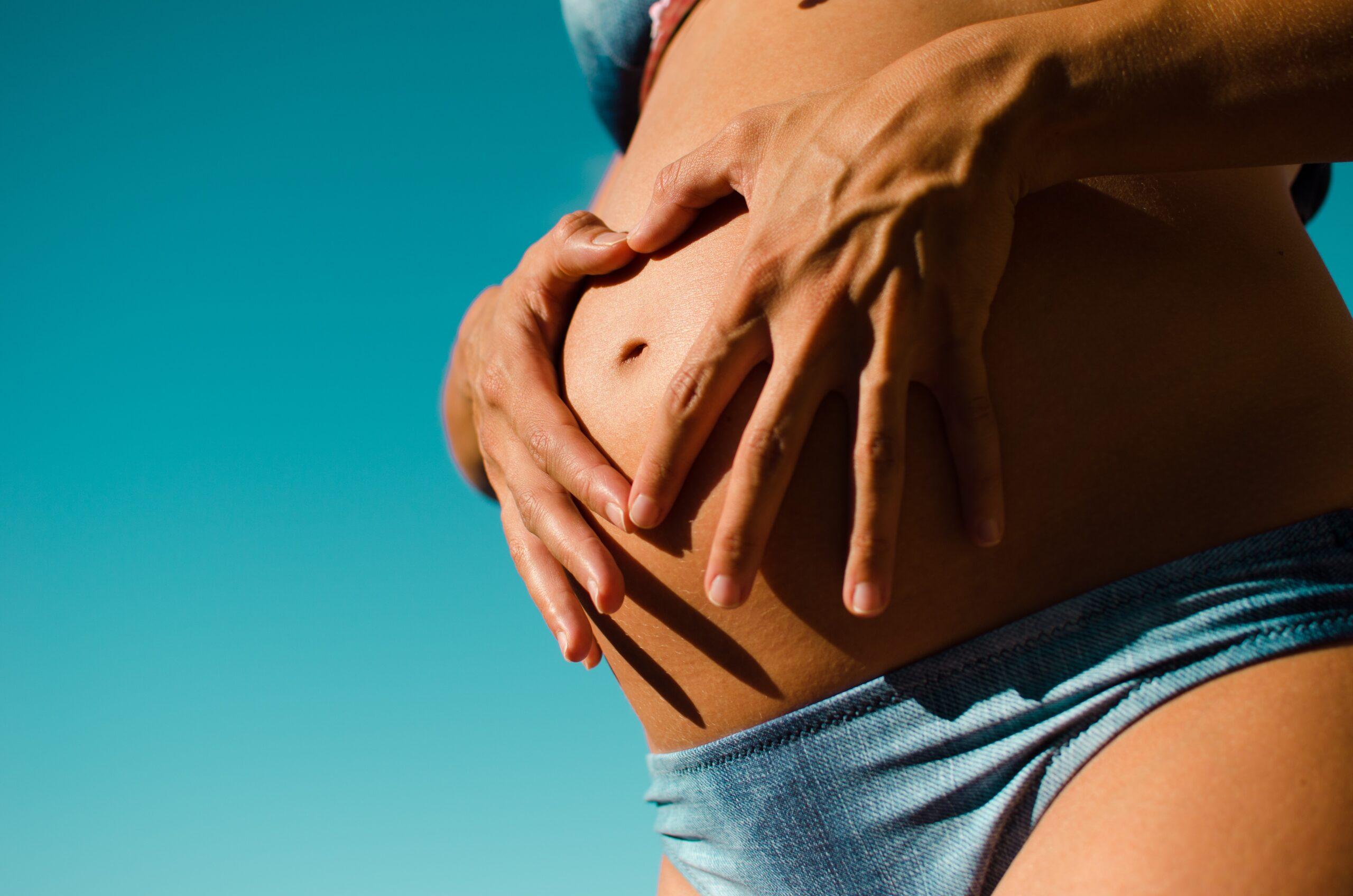On a Tuesday in April 1992, I was in the kitchen baking with my 1-year-old daughter, Ellena, trying to distract myself from the phone call I was about to receive. You see, my husband and I were having a difficult time getting pregnant a second time. At 42, I had no time to waste.
The phone rang, and I could barely catch my breath as my gynecologist uttered the diagnosis. “The follicle stimulating hormone, FSH, helps the follicles inside your ovaries to develop into eggs,” explained my doctor. “If the level is above 20, your ovaries are not working as well as they should be.” My FSH turned out to be the same as my age, 42.
I was informed that soaring hormone levels had narrowed my childbearing options to zero. None of my doctors would even consider standard avenues of treatment, such as fertility drugs or In Vitro Fertilization. Egg donation was offered to me as an option— one for which I was not prepared.
In a last-ditch effort to prop up my wilting ovaries, I decided on a physical and emotional overhaul. If I didn’t wind up pregnant, at least I’d be the healthiest I’d ever been. In the coming months, I carefully reviewed all the information given to me by my fertility specialists and did a great deal of research of my own. One step at a time, a healing protocol emerged.
I said goodbye to my afternoon cappuccino and cake and ushered in a diet of organic greens, brown rice, tempeh, millet and adzuki beans. Wanting a baby provided incentive to eat or drink anything that promised to improve the odds. More important, moving forward left less time for despair and helped me see myself as more fluid, more alterable. Inspired, I began to look inward, and found an entire chorus of self-defeating voices clamoring for attention. Instead of silencing such voices, I engaged in conversation with them, constructing my own fertility healing protocol.
Eight months later, I was pregnant. Conceived the old-fashioned way, my youngest daughter was born a few months before my 45th birthday.
Ultimately, pregnancy is the spontaneous side effect, not the point, of what I have come to call The Fertile Heart Ovum Program. Through cultivating habits of physical and emotional health, women learn to turn their diagnoses of infertility into the best thing that ever happened to them— an adoption of a wholesome lifestyle, the discovery of personal strength and resilience, and the realization that they are powerful co-creators of their circumstances.
As I see it, to become aware of the role each of us plays in the ongoing creation of our own lives, our children’s lives and the world, and to participate with our eyes wide open, is about as fertile as any of us could ever hope to become.
The Fertile Heart Approach
Preliminary testing is an important part of any diagnostic process. It can identify potential contributors to fertility challenges. Some of the basic tests include a hormonal panel that measures levels of estrogen, progesterone, follicle stimulating hormone and anti-mullerian hormone. Other test protocols include a post-coital examination, a hysterosalpinogram and an endometrial biopsy. Use these tools to find out what’s going on with your body and educate yourself with all options of medical intervention.
- Notice the language you use as your body is listening to every word you say. Words can act as powerful fertility drugs that increase the chances of conception.
- Never blame yourself. Symptoms of fertility challenges are not a punishment. They are your body’s attempt to protect you and ask for attention.
- Take note of any painful beliefs and images you may have about pregnancy and motherhood.
- Deepen your relationship to food, especially if you tend to overeat. Levels of body fat play an important role in conception as estrogen is stored and produced in fat cells.
- Eat organic, fresh, wholesome foods as much as possible. Exposure to synthetic estrogens in pesticides is toxic and confusing to your endocrine glands.
- Minimize your intake of processed flour, such as bread and baked goods. Incorporate grains, like brown rice, quinoa, millet, and buckwheat. The fiber in these foods promotes the excretion of toxins from your body.
- Avoid the use of tobacco, alcohol and caffeine. They burden the liver and kidneys, two of the main organs responsible for sweeping out excess estrogen and keeping your hormones and immune system balanced.
- Avoid birth control pills. They disrupt natural ovarian function and are linked with impaired reproductive health.




